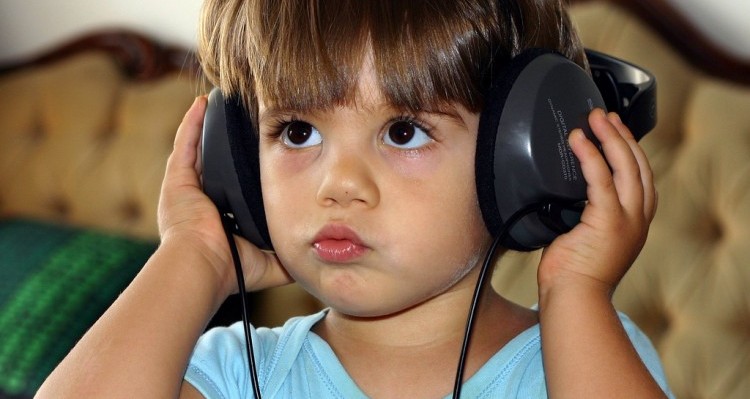Schools tend to emphasize reading and writing heavily and, while these skills are imperative, they are only two of the abilities that compose linguistic competence. Listening and speaking are the other half of the equation, and the consequences of underdeveloped verbal skills are far more serious than you might think.
For example, researchers have linked low verbal abilities to a higher incidence of hitting in kindergarten and a stronger tendency to show rage in general. This inclination toward violence and disruption also portends trouble later in life. Kids who hit are at higher risk for delinquency, addiction, domestic violence (as perpetrators and victims), and suicide. Additionally, children with poor verbal skills tend to have trouble participating in games and experience more isolation, which harms their learning, development, and social relations.
Clearly, verbal skills are a crucial part of a child’s development as well as their emotional and mental health. Here are four ways parents can help their children develop strong verbal abilities.
Play Music and Sing with Your Child
Exposing children to music and encouraging them to sing will help hone their speaking skills. Singing and music teach children rhyme, rhythm, and repetition. Specifically, singing offers the following valuable benefits:
- Invites vocal imitation
- Exercises the muscles of the face, tongue, and lips
- Facilitates clarity and fluidity of speech
- Teaches storytelling, grammar, and vocabulary (similar to poetry recitation)
- Encourages children to express themselves
- Requires children to listen and think while speaking
Read and Tell Stories
Language experts encourage parents to read to their children from birth and to continue doing so even when the child can read on her own. Hearing stories develops children’s listening skills, vocabulary, linguistic rhythm, and sense of structure. However, not all stories have to come from books. Children can also benefit from hearing their parents tell them stories about their own childhood or the family’s history. Parents may even consider acting these stories out to facilitate understanding and recruit other parts of the brain.
Start Music Education Early and Often
A 2011 Canadian study showed that after exposing four- to six-year-old kids to music education for just 20 days, the children performed better on a measure of verbal intelligence. Likewise, another study found that children who play a stringed instrument, or the piano, score 15 percent higher on verbal skills than those who don’t play an instrument. Without question, music education has a uniquely potent effect on children’s verbal skills and parents should take advantage.
Chat with Your Child
Too many parents get caught in a cycle where they only communicate commands to their children and keep other communication as brief as possible. To enhance verbal skills, parents should encourage conversation with their children. Parents can model proper conversational structure and etiquette by taking turns speaking and listening. Parents can also make an effort to include children in family discussions and solicit their input where appropriate (e.g., what the family should do for fun tonight).
In Short
Although often neglected, children’s verbal skills affect far more than just test scores. Solid verbal skills enhance a child’s emotional and social adjustment just as much as his or her academic competence. With these four tips, parents can work with their children to see that they reap these benefits. For more education-related information on parenting, request your free information kit from K12 today.
Image via Flickr by Leonid Mamchenkov



























































































